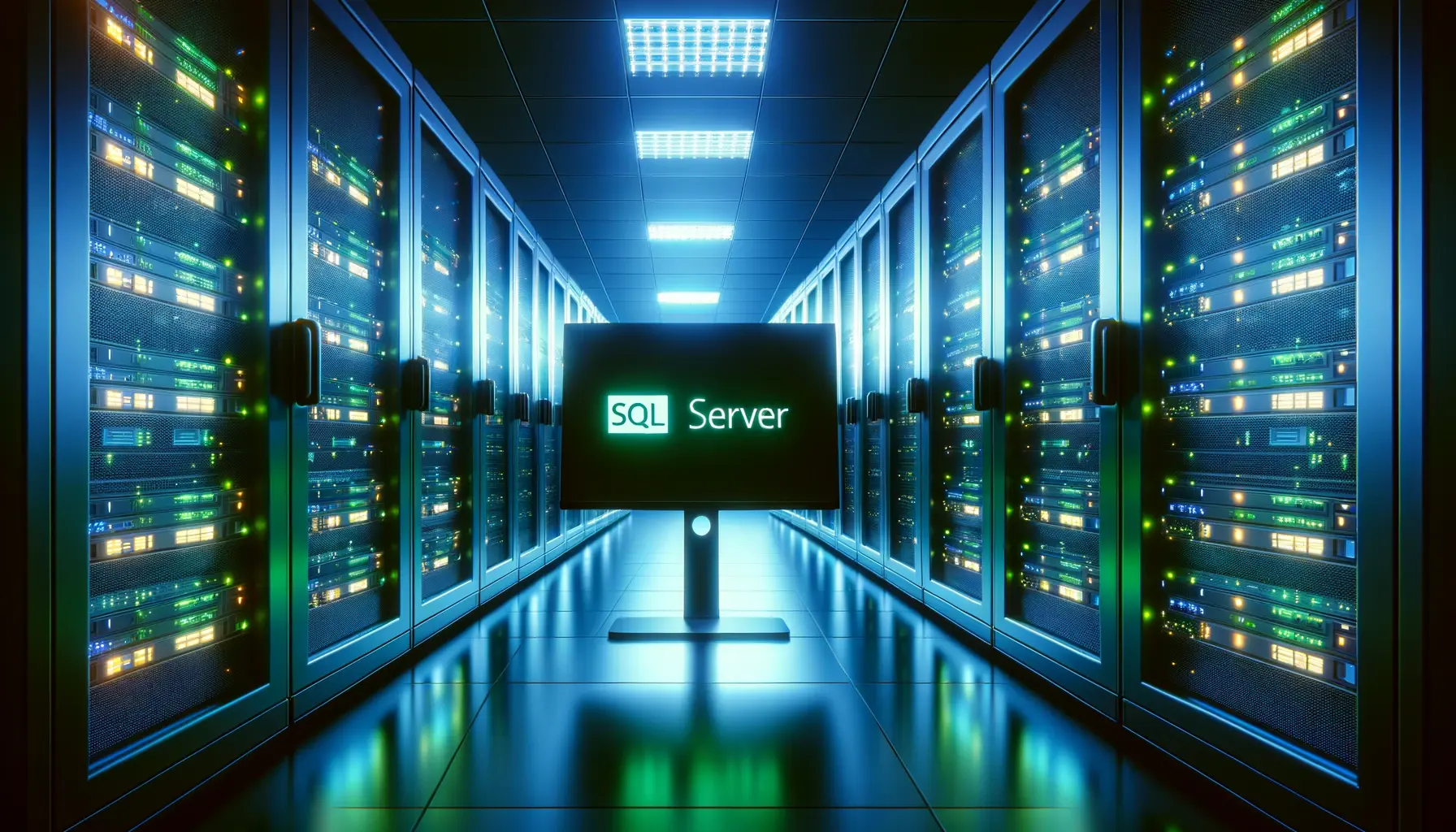Microsoft SQL Server 2012 CAL - Everything you need to know about licensing
Overview of Microsoft SQL Server 2012 CALs
Microsoft SQL Server 2012 was an important milestone in the world of database management. If you use this software, Microsoft SQL Server 2012 CALs (Client Access Licenses) are a crucial aspect. In this text, we provide you with an easy-to-understand overview of what they mean and how they work.

The importance of Microsoft SQL Server 2012 CALs
Microsoft SQL Server 2012 CALs are licenses that allow users or devices to access SQL Server services and databases. They play a crucial role in ensuring that your organization complies with legal requirements and that the use of SQL Server is regulated.
Why are Microsoft SQL Server 2012 CALs important?
Proper licensing with Microsoft SQL Server 2012 CALs is critical to avoid legal consequences and operational disruption. Without the right CALs, you may not be able to legally access SQL Server 2012.
Types of Microsoft SQL Server 2012 CALs
There are two main types of Microsoft SQL Server 2012 CALs:
-
User CALs: These licenses are user-based and allow a specific user to access SQL Server 2012. User CALs are a good choice if your organization has many devices and fewer users.
-
Device CALs: Device CALs are device-based licenses that are tied to a specific device. They allow all users using that device to access SQL Server.
Purchasing CALs for SQL Server 2012
As a rule, Microsoft SQL Server 2012 CALs must be purchased separately from the server software. Make sure to purchase the appropriate number and type of CALs according to your organization's individual requirements.

Conclusion
Microsoft SQL Server 2012 CALs are critical to ensure that your organization is properly licensed and operating in compliance with regulatory requirements. The choice between User CALs and Device CALs depends on your organization's specific situation. Properly licensed CALs are the key to smooth operations and avoiding legal issues. Be sure to purchase the appropriate CALs to ensure the compliance and legality of your SQL Server 2012 usage.









































